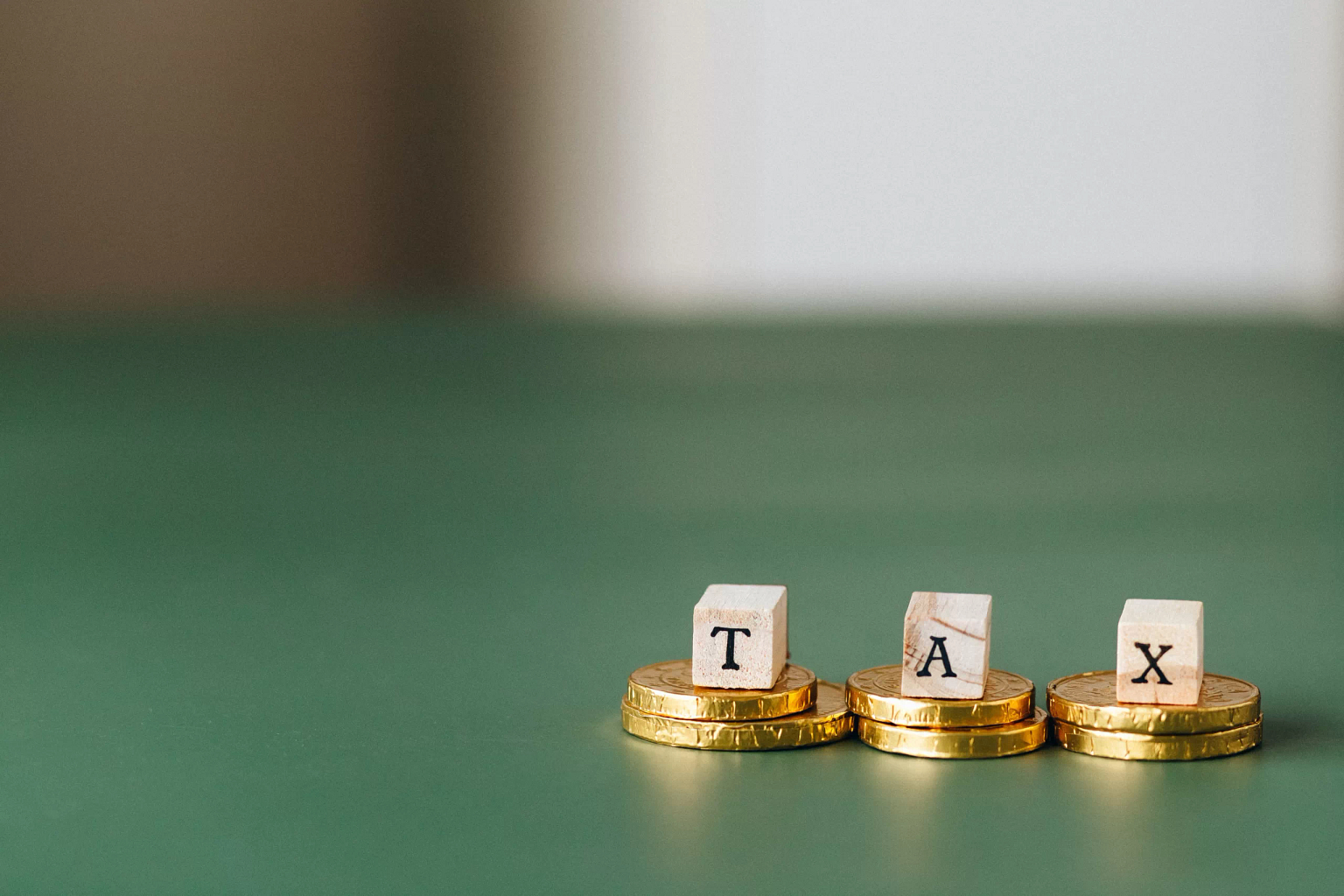Every year the federal government announces taxation changes, be it minor or major ones. Experts say that this year, changes related to housing tax are the ones to watch. Read on for a list of 3 taxation changes we think will affect your home ownership whether you currently own a home or are looking to buy.

1. First Home Savings Account
This new savings account will allow new homebuyers to save up to $40,000 toward a home purchase. Contributions to this account will be both tax deductible and tax free upon withdrawal provided it is used to purchase a home. Therefore, this account is ideal for saving a downpayment – freeing up room in your TFSA for example. Another important note that unlike the RRSP exemption to first time homebuyers, this savings account will also be accessible to those who have not owned a home for 4 or more years. Maximum annual contribution room is $8000.
2. Multigenerational Home Renovation Tax Credit
This refundable tax credit will allow up to $7,500 to support the construction of a secondary suite for a senior or adult with a disability to live with family members. This would include both extra buildings on a lot (with the correct permits) as well as extensions or renovation to existing buildings. Families who are eligible can claim 15% of a maximum of $50,000 in home renovation and construction costs to build a secondary housing suite. We believe this will be an important change moving forward as communal living gains popularity with the cost of housing.
3. Taxes on Home Flipping and Vacant Housing
The Vacant Housing Tax is of course a hot button these days. Not including your primary residence, owners must declare if one or more of their secondary properties has remained vacant for 6 months or more in a year. Note that ALL property owners will have to declare that they do NOT have a vacant property if that is the case.
Changes to taxes for house flips basically include an increase on this type of property. The government essentially will assume anyone who sells a home after possessing it for less than 12 months will be considered to be “flipping” the property. Profits gained from a sale such as this would be considered “business income”, rather than a capital gain. There are exceptions in the case of a death or divorce.

Other changes include ones to the personal income tax brackets to combat inflation. The Basic Personal Amount which is the “income exempt from tax” has increased to $15,000 from $14,398 – a jump of 6.3% when typically we see less than a percentage per year.
Do you need to know what these tax changes mean for your specific property and situation? Please give us a call to discuss.

Comments
Hélène Desaulniers says...
That's an awesome post! It's so informative. I learned a good amount of things I never knew about. I'm looking forward to learn more about that First Home Savings Account,
Thank you Barb!
Barb Dods says...
Thank you Hélène!